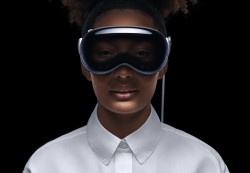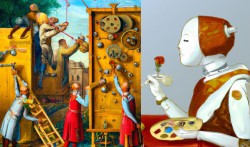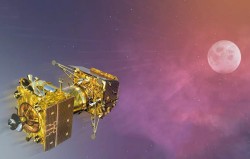Science & Technology
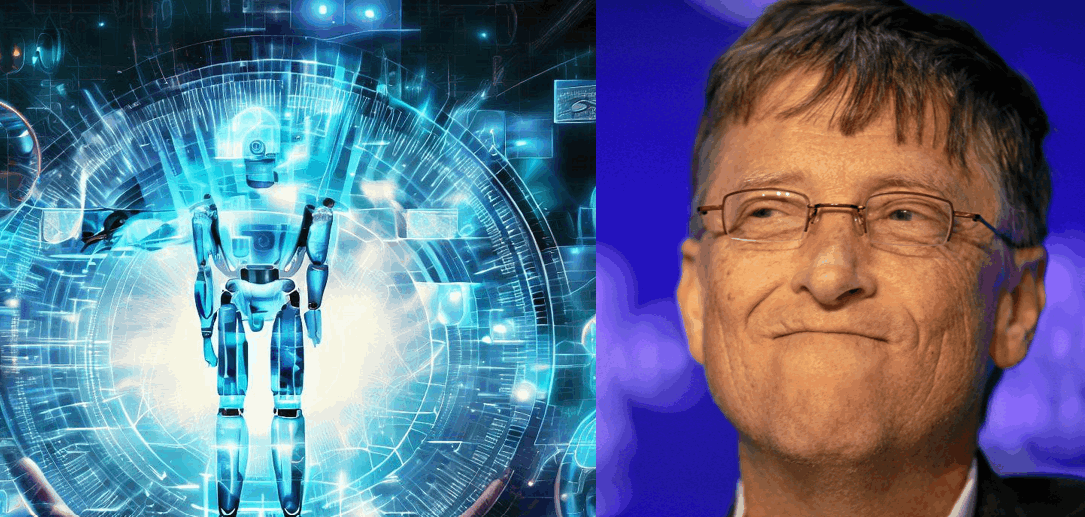
Microsoft co-founder Bill Gates has hailed the development of artificial intelligence (AI) as the most important technological advance in decades, saying it will change every aspect of human life.
In one of his recent blog posts, Gates said he was amazed by the capabilities of OpenAI's GPT model, an AI system that can generate natural language texts on any topic.
GPT is the technology behind tools such as ChatGPT, an AI chatbot that can answer questions online using human-like language.
Gates said he challenged the OpenAI team behind ChatGPT last year to train an AI that could pass an Advanced Placement (AP) Biology exam, a high school-level test in the US. He wrote in his blog post: “I thought the challenge would keep them busy for two or three years. They finished it in just a few months.”
He said the AI model trained in a few months scored almost perfect, missing only one mark out of 50.
He also asked the AI to write a response to a father with a sick child. "It wrote a thoughtful answer that was probably better than most of us in the room would have given," he said.
"I knew I had just seen the most important advance in technology since the graphical user interface (GUI)," he wrote.
A GUI is a visual display that allows a person to interact with images and icons, rather than a display that shows only text and requires typed commands. Its development led to the Windows and Mac OS operating systems in the 1980s, and remains a key part of computing.
Gates said he believes AI tech will lead to similar advancements in various fields and industries.
"The development of AI is as fundamental as the creation of the microprocessor, the personal computer, the Internet, and the mobile phone. It will change the way people work, learn, travel, get health care, and communicate with each other," he added.
According to the 67-old billionaire, entire industries will reorient around it. Businesses will distinguish themselves by “how well they use it”.
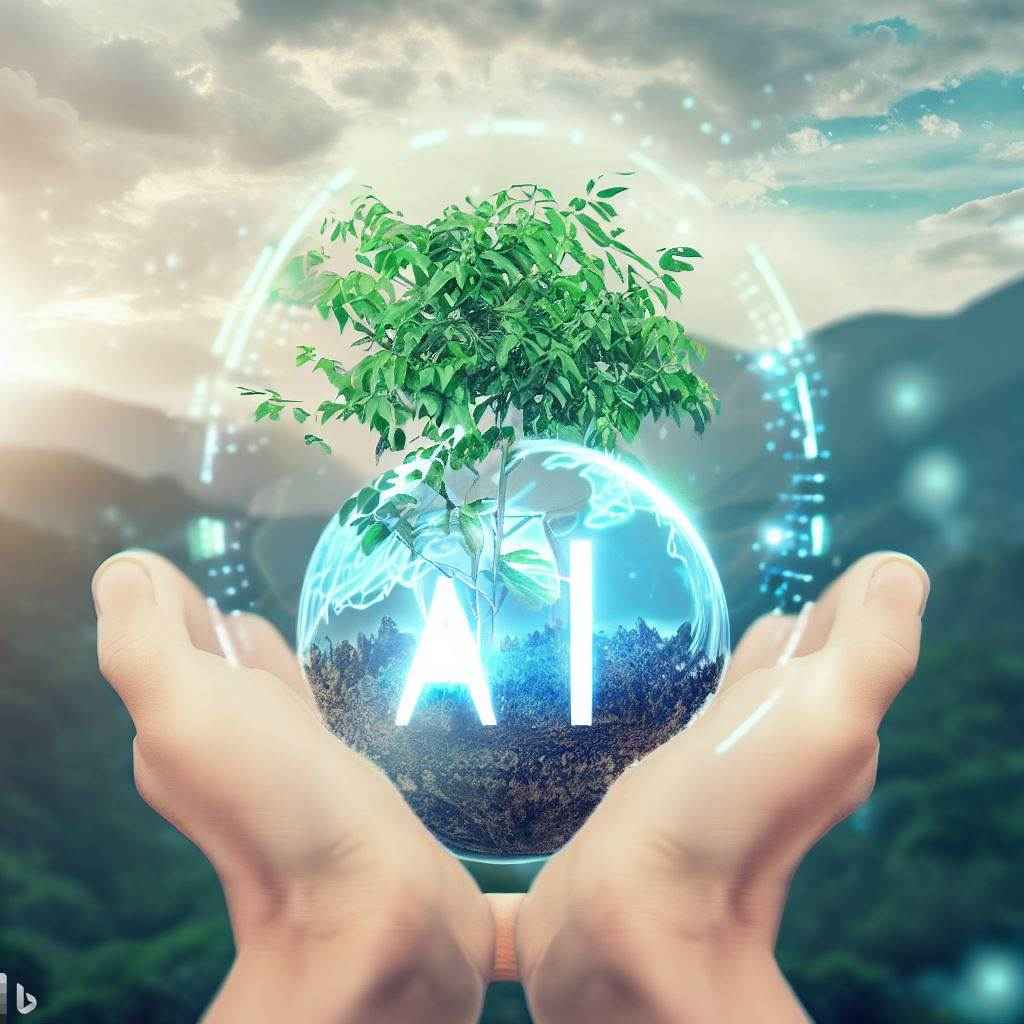
He cited examples of how AI can improve education, health care, agriculture, and environmental protection. He also mentioned how AI can help fight the Covid-19 pandemic by accelerating vaccine development and distribution.
However, he also acknowledged that AI poses some risks and challenges, such as ethical issues, bias, privacy, security, and regulation.
He called on governments to work with industry and civil society to "limit the risks" of AI, while ensuring its benefits are widely shared.
He also urged philanthropists and non-governmental organizations to support AI projects that can help people in developing countries, especially in areas such as education and health care.
He said he was optimistic about the future of AI and its potential to improve human lives.
"I'm excited about what AI can do for humanity. I think it's one of the most important things we can work on," he said.
